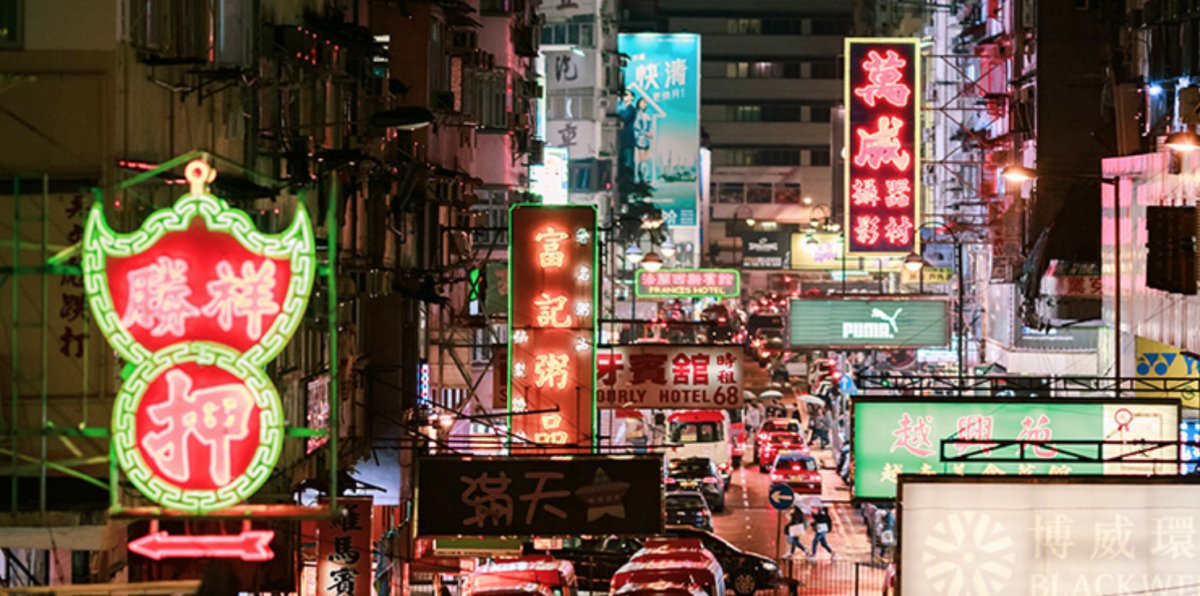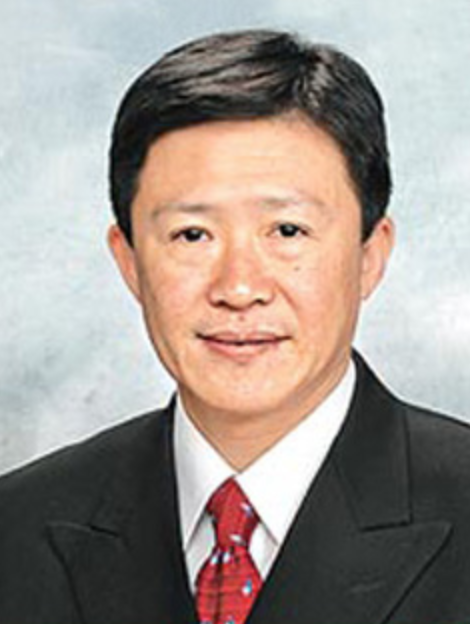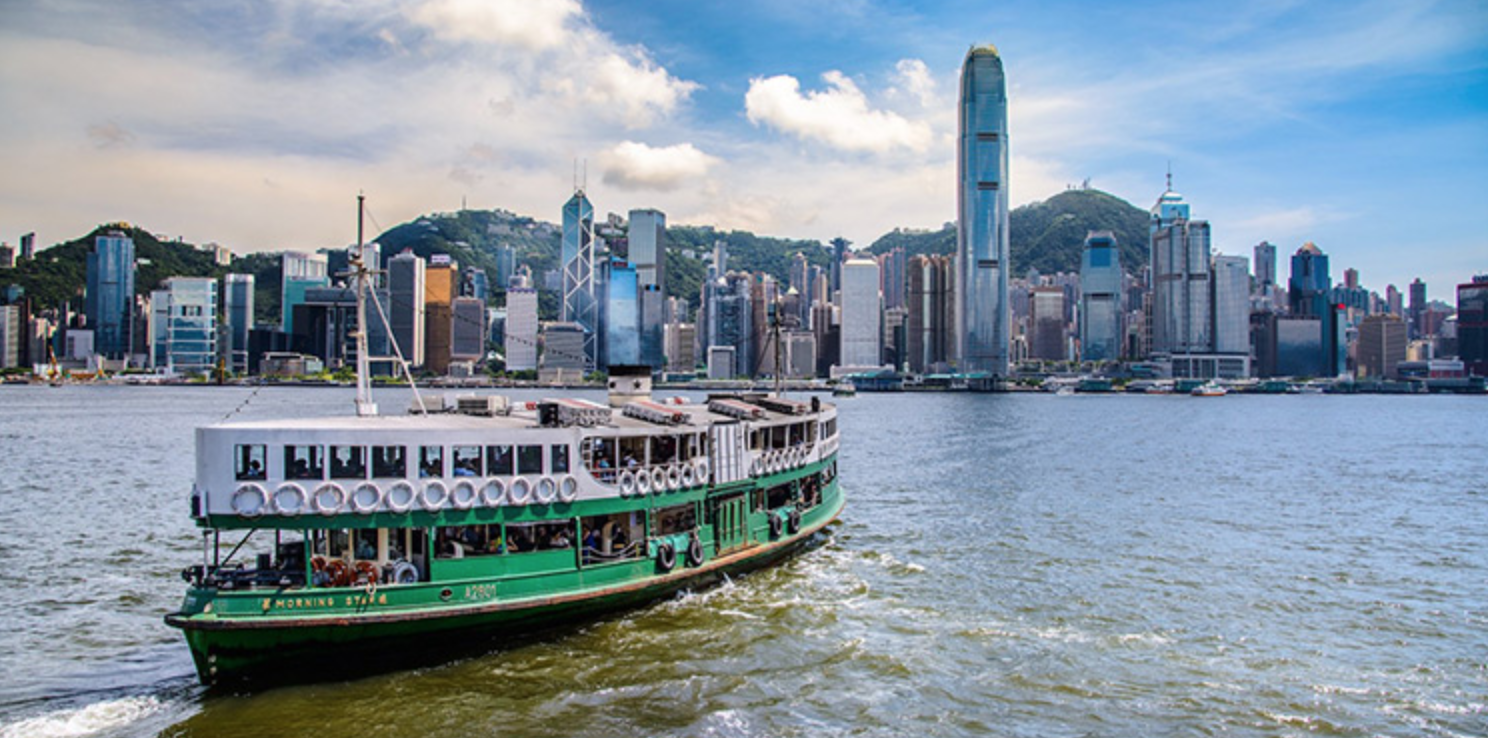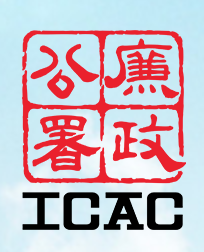
Simon Peh
(Editor’s note: Simon Peh is Commissioner of the Independent Commission Against Corruption in Hong Kong. He was a featured speaker at the Trace International Bribery and Economic Crime Summit in Vancouver on June 26. Following is a transcript from his speech, lightly edited for brevity.)
This summit serves as a timely reminder that corruption is still a major threat in a lot of economies. Corruption breeds many evils. It hampers economic growth and distorts competitive capabilities, creating a vicious cycle which impedes the development of a country. Many governments and leaders of strength and foresight make great efforts to curb corruption by establishing anti-corruption agencies. Yet not every one of them turns out to be successful, not to mention winning a sustainable victory.

Hong Kong anti-corruption commissioner Simon Peh (ICAC)
The corruption situation in Hong Kong underwent a transformation in the past 45 years. Hong Kong today is a renowned financial centre. If you talk to an ordinary citizen in our city, I am confident that he or she will echo my saying that the existing clean public sector, fair business environment and high vigilance against corruption among members of the public are the distinctive and highly treasured features of our society. But the situation was totally different half a century ago when corruption permeated every stratum of the Hong Kong society.
The turning point happened in 1973 when a major corruption case triggered a public outcry for robust action on part of the government to eradicate corruption. The government did make a decisive response of setting up the ICAC, independent from the police and other government departments, to spearhead the war against corruption. It is commonly accepted that the birth of the ICAC is the watershed of the anti-corruption history of Hong Kong. People aptly described that the inception of our institution ushered in a “quiet revolution” in the fight against corruption in our city.
Since its establishment, the ICAC, as the one and only anti-corruption agency in Hong Kong, has been dedicating to enforcing the anti-bribery laws, advising the government and private sector organizations to plug system loopholes, and promoting public awareness to fight corruption and entrench a clean culture in the society.
With the support of the government and the community, our meticulous work in fighting and preventing corruption at all fronts has successfully kept corruption at bay in the past 45 years and brought about a change of culture. Some indicators can help us understand the current clean environment of Hong Kong.
In the latest ICAC Annual Survey conducted by an independent polling agency in 2018, over 98% of the respondents said they had not come across corruption in the past 12 months in Hong Kong. Over 80% of them said they would report corruption if they come across one. Respondents’ average corruption tolerance level was as low as 0.5 on a scale of zero to ten, with zero representing total rejection and ten total acceptance.
The views of the international community are more or less the same. The TRACE Bribery Risk Matrix 2018 ranked Hong Kong the 14th among the 200 countries/territories surveyed. The overall bribery risk level was assessed to be “very low.” Hong Kong, bolstered by a very low risk of bribery and corruption, was rated the second most competitive economy among 63 places by IMD’s World Competitiveness Yearbook last month. The Heritage Foundation ranks Hong Kong the world’s freest economy for 25 consecutive years in its 2019 Index of Economic Freedom. The think tank applauds Hong Kong for having a high quality legal framework that strongly supports the rule of law, that there is little tolerance of corruption, and that a high degree of transparency serves to enhance government integrity.
The current clean environment can be attributed to a host of enabling factors which are crucial to the successful eradication of corruption in Hong Kong. But to stick to the theme of this panel, I will focus my sharing on what makes the anti-corruption agency works in Hong Kong.
One can easily jump to the viewpoint that for an ACA to be effective, institutional capacity is of utmost importance. It is, but I would like to propose to take a broader view of two external factors first. From Hong Kong’s experience, the first and foremost factor for the success of an ACA is the strong and consistent political commitment to reducing corruption. Political support is essential and the anti-corruption work should not fluctuate with the changing political environment, for example, the change of government. Examples abound around the world that this is easily said than done. In the case of Hong Kong, despite the change of sovereignty, the government, from 1974 till present, has been continuously and strongly committed to fighting graft. Before and after the Reunification of Hong Kong with China in 1997, the ICAC has continued to enjoy vigorous and unquestionable political support without fail. This unwavering and continuous determination is manifested in the government’s non-interfering stance in our work, the allocation of sufficient resources to the ICAC, and the public policy of prioritizing the promotion of integrity management within the government.
The Hong Kong Government has never meddled in our operations. The ICAC is allocated with an annual budget to the tune of US$150 million every year which is around 0.2% of the total annual expenditure of the government. Corruption prevention and integrity culture building are constant priorities in the government’s policy agenda. With the support of the Civil Service Bureau and the ICAC, intra-departmental integrity management is implemented by all governmental units through a network of 160 ethics officers at the directorate level.
Strong rule of law
The second enabling factor is the rule of law which is one of the cornerstones of good governance and an indispensable element of the successful fight against corruption. Rule of law serves to lay a solid foundation of impartiality and equality in the society. Strong rule of law also gives legitimacy to the operation of the ACA and facilitates the growth of public confidence in the agency. In fact, realizing the symbiotic relationship between the rule of law and anti-corruption, the ICAC partnered with the World Justice Project to co-organize an international symposium just last month in Hong Kong.
Hong Kong enjoys a robust rule of law as demonstrated by the Rule of Law Index of the World Justice Project. Underpinned by the principle of “one country, two systems,” the prevailing common law system in HKSAR remains vibrant and firmly unchanged after the reunification of Hong Kong with China in 1997. The Basic Law, which lays down the constitutional framework of our city, clearly delineates the independent powers of the ICAC, the Department of Justice and the Judiciary. While ICAC is responsible for investigation without interference, the decision of whether or not to prosecute a suspect is vested with the Department of Justice, and the accused person is entitled to fair trial by the fiercely independent Judiciary. Such distinctive division of powers upholds the rule of law in our city and serves as a robust checks and balances system on the ICAC so that we can maintain a high credibility. More on that later on.

(Discover Hong Kong)
I will now turn to the institutional capacity of the ICAC. The institutionalization of the capacity of the ACA is important in making sure that the combat against corruption can be sustained without interruption and can evolve with time.
The capacity of the ICAC is well institutionalized on four levels, namely, constitutional and legal, societal, strategic, and corporate levels. On the constitutional and legal level, the independence and statutory mandate of ICAC are guaranteed in Article 57 of the Basic Law and in Section 5 of the Independent Commission Against Corruption Ordinance (ICACO). This constitutional and legal safeguards guarantee that the ICAC shall function independently.
Our legal mandate enables us to investigate public sector corruption, as well as private to private corruption and punishing both the bribe-takers and the bribe-givers. Under the ICACO, the ICAC has full-fledged powers of investigation, arrest, search, seizure and making enquiries which are fundamental to ICAC officers for discharging their law enforcement and corruption prevention functions. The Prevention of Bribery Ordinance, the legislation which we rely on to tackle corruption, confers on the ICAC special powers of investigation including powers to obtain bank and other transaction records; power to require suspects to provide details of their assets, income and expenditure, etc. We are also provided with powers to restraint and confiscate the proceeds of bribery offences under the same ordinance. Furthermore, we also enforce a dedicated legislation specifying offences in relation to corrupt and illegal conduct at public elections in Hong Kong. This wide remit of the ICAC enables us to tackle corruption in all its forms and in whichever sector it happens.
On the societal level, the ICAC is an institution highly trusted by the Hong Kong community. In our annual surveys, 97% or more of the respondents have consistently indicated that the ICAC deserves their support over the years. Over 73 % of the complaints we received annually were non-anonymous, indicating high social trust in the ICAC. This is made possible by the Commission’s impartial stance in enforcing the law.
It is also contributed by our capacity in turning anti-corruption strategy into concrete results to meet the high expectation of the society. Of particular significance is our extensive engagement of different community sectors to raise social awareness, foster public support, form partnerships and call for action from the private and civic sectors.
On the strategic level, the ICAC has been adopting a three-pronged strategy combining the deterrent effects of enforcement with system enhancements and value education. This integrated approach helps create a necessary synergy to generate a long-lasting effect in controlling corruption.
Our work for the financial market of Hong Kong is a good demonstration of the seamless integration of the three-pronged strategy. The Operations Department of the ICAC has all along strived to crack down on potential corruption involving listed companies. The Department maintains close cooperation with other authorities including the Securities and Futures Commission to share intelligence and, where appropriate, take joint enforcement action. In tandem with enforcement actions, the Corruption Prevention Department (CPD) has conducted a review on the disclosure of anti-corruption information by listed companies as required by the Stock Exchange thereby strengthening the regulatory regime. The CPD also collaborates with regulators and professional bodies to help listed companies establish and review their anti-bribery management systems. The Community Relations Department reaches out to all listed companies, relevant professional bodies and business chambers and forms partnership with them to provide practical training on ethical governance to board directors, senior corporate executives and members of professional bodies.
In executing our strategies, it is of vital importance to have adequate resources and the right people both in caliber and in character.
Apart from the financial support from the government, ICAC has some 1,400 officers, recruited through a merit-based selection process. All personnel in the ICAC, including me, are required to undergo integrity checks before taking up the appointments. Apart from the checks and balances system which I will elaborate in a minute, we also have to make sure the powers are entrusted in good hands from the start.
And to sustain the success of an established agency like the ICAC, passing on experience to the younger generations is important. The ICAC has devised comprehensive training programmes to enhance ICAC officers’ core competencies required for the effective discharge of duties, prepare them for new professional requirements and develop their potential to cope with organizational development.
Checks and balances
The final factor for success that I want to talk about is “checks and balances.” The effectiveness of an ACA is as only strong as the checks and balances mechanism which the ACA is subject to. The reason is easy to see because power without limits is a leading cause of corruption. While ACAs should be given sufficient powers to carry out its work effectively, it should also be subject to robust scrutiny to prevent abuse.
Alongside with our anti-corruption capability, the ICAC also discharges its duties responsibly and operates within an all-rounded accountability regime. Within the organization, we have an internal unit to investigate complaints against our officers independently. The unit reports to an external and independent complaints committee responsible for reviewing all non-criminal complaints against ICAC officers. An internal audit unit has also been set up to conduct compliance checks, identify system weaknesses and recommend enhancement measures to improve internal controls.
Furthermore, four independent committees, comprising leading citizens from different sectors of the community, have been set up to oversee the work of the ICAC and its three departments. By bringing in outside monitoring, these oversight bodies serve as the eyes and ears of the society to make sure that our operations can measure up to the high public expectation.
Externally, the Legislative Council, the legislature of Hong Kong, is vested with the authorities to approve our annual budget, raise questions on our policies and performance, and review and amend the legislations pertinent to our work and powers. The Commissioner will have to attend meetings of the Legislative Council to explain policy and budgetary matters on an annual basis.
Hong Kong is an open and diverse society. We have an active civil society and free news media who play pivotal roles in scrutinizing the work of the ICAC. In this regard, the ICAC would have to act even more stringently in adhering to the standards that we advocate and be held accountable for any possible missteps.
Hong Kong is also a global metropolis and an active member of the worldwide anti-corruption community. We value the views and contribution of the international community who has an extremely important role to play in ensuring the vibrancy of our city. We have been engaging with different international stakeholders, in particular ranking and survey agencies, so as to take on board their findings to further improve our anti-corruption work.
The ICAC in Hong Kong has fought its way from eradicating widespread corruption in its early years to sustaining the culture of zero tolerance of corruption now. The synergy created by our integrated strategy effectively curbs corruption and enables us to discharge our work to gain the public trust. It also gradually brings about a cultural change in the society, one which does not tolerate corruption and embraces integrity as its core value. This clean culture in turn provides further momentum to the anti-corruption cause thereby generating a virtuous cycle in fighting and preventing corruption. Such virtuous cycle forms the strongest defence against corruption in Hong Kong and enables the anti-corruption war to last and sustain. In the words of Sir Jack Cater, the founding Commissioner of the ICAC, and I quote “there can be no real victory in our fight against corruption unless there are changes of attitude throughout the community.” Faithfully, we have stayed true to this mission.
Academic studies have suggested that the ICAC model has “proven enormously influential.” These studies also estimated that 30 to 40 national level ACAs around the world have drawn on the idea of a single, powerful, centralized anti-corruption agency. However, the result is mixed. If the Hong Kong ICAC’s story can be of use to other parts of the world, it may be that our journey proves there is no quick fix to the problem and piecemeal effort would be counterproductive. The fight against corruption is a long-term endeavour. Hong Kong has gone through 45 years before we can humbly say that corruption is being kept at bay. To build up an effective ACA to tackle corruption effectively, we need a comprehensive approach addressing both the symptoms and root causes of corruption, an institution which operates within robust rule of law and accountability system, and with the support of the government’s strong political will and the backing of the society at large.
Support theBreaker.news for as low as $2 a month on Patreon. Find out how. Click here.










